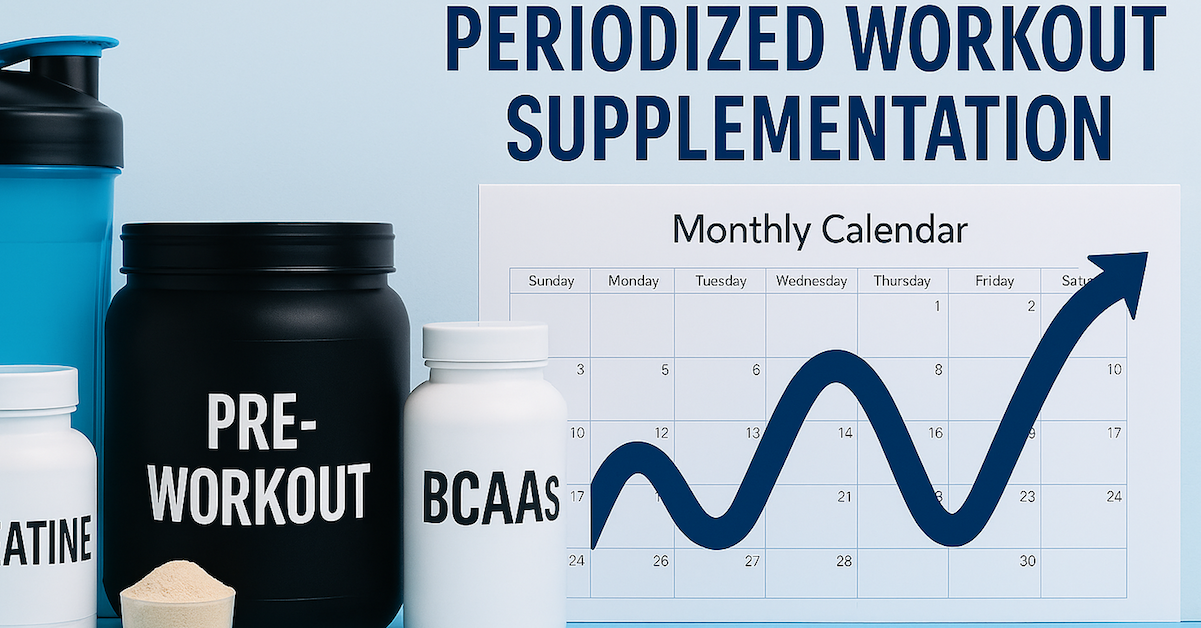Calcium supplementation is one man’s cure and another man’s poison. Actually, it’s a cure for many men, but a poison for many women—and it all comes down to iron metabolism.
The Iron Difference Between Men and Women
Men tend to accumulate iron, while women tend to lose it—at least until menopause. The most absorbable form of iron, known as heme iron, is found in red meat. And let’s be honest, most guys in the iron game eat a lot of it! As a result, their iron levels can skyrocket.
Women, on the other hand, often have lower iron levels, especially if they menstruate. That monthly blood loss helps regulate iron naturally. In fact, regular blood donation—a process called phlebotomy—is a proven method to manage iron overload.
🔗 Read more about this in Better Than a Condom
Calcium’s Role in Iron Absorption
According to Dr. Eric Lewis, author of Holistic Help for Hemochromatosis, calcium is the only nutrient clinically shown to reduce the absorption of heme iron from food.
“Plenty of nutrients help block non-heme iron,” says Lewis, “but calcium stands alone as the only tool to effectively block heme iron.”
That makes calcium supplementation a powerful tool for those with high iron (ferritin) levels. But if your iron levels are low, calcium can make matters worse!
The Problem With Standard Recommendations
What do many doctors prescribe to female patients for bone health?
You guessed it: calcium supplements.
🔗 See Sticks, Stones, and Pink Dumbbells May Break Your Bones
That was exactly the case with one of my female clients. She had low iron levels, and when her doctor told her to start taking calcium, her already low energy levels plummeted.
She couldn’t figure out what was going on—until she went on vacation and forgot to pack her calcium. Within days, her energy soared! But as soon as she got home and resumed taking the supplement, her energy dropped again. She ditched the calcium, and her energy came roaring back.
Bottom Line
If your iron levels are high, calcium can be your friend.
If your iron levels are low, calcium can be your foe.
Don’t guess—test your iron (ferritin) levels and supplement accordingly. What helps one person might harm another. Bioindividuality matters.

How to Periodize Workout Supplements for Better Gains and Recovery
Research shows that undulatory, or wave-like, periodization is highly effective. Alternating between periods of higher intensity (intensive phases) and periods

Why the FDA’s Red Dye Ban Should Make You Rethink Your Vitamins
The U.S. Food and Drug Administration (FDA) recently announced a ban on red dye No. 3 in food and oral

Hydration Essentials for High-Protein, Low-Carb Diets: Fuel Your Body Right
When you’re exercising regularly on a high-protein, low-carb diet, hydration becomes even more crucial. Lower-carb diets mean you’re missing out
follow
Error: No feed with the ID 2 found.
Please go to the Instagram Feed settings page to create a feed.
